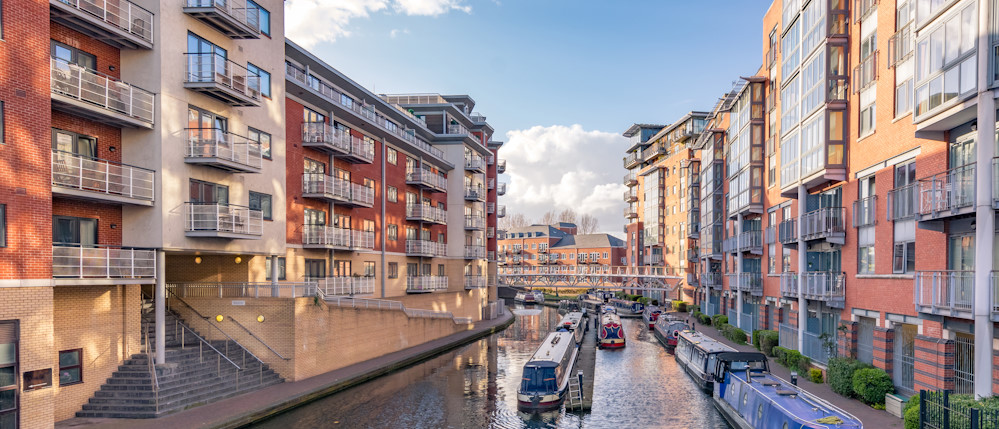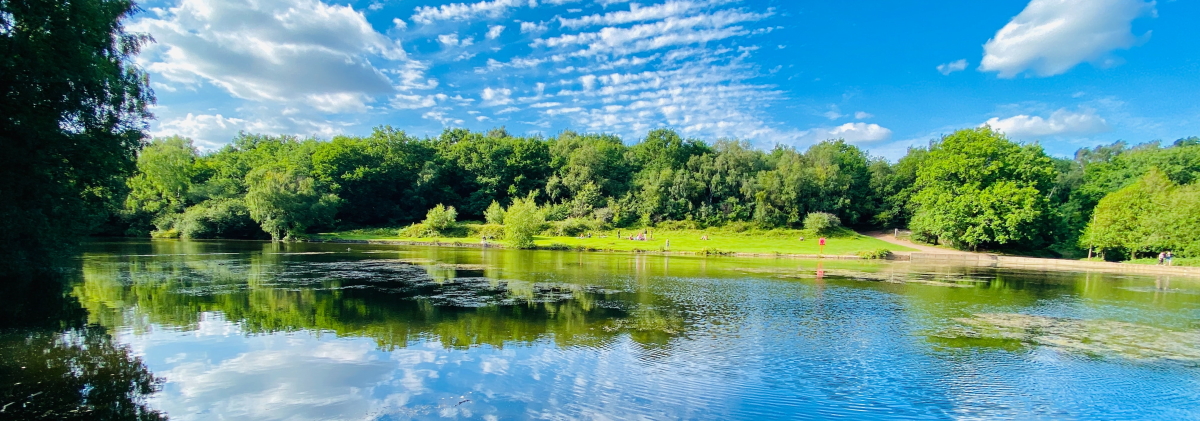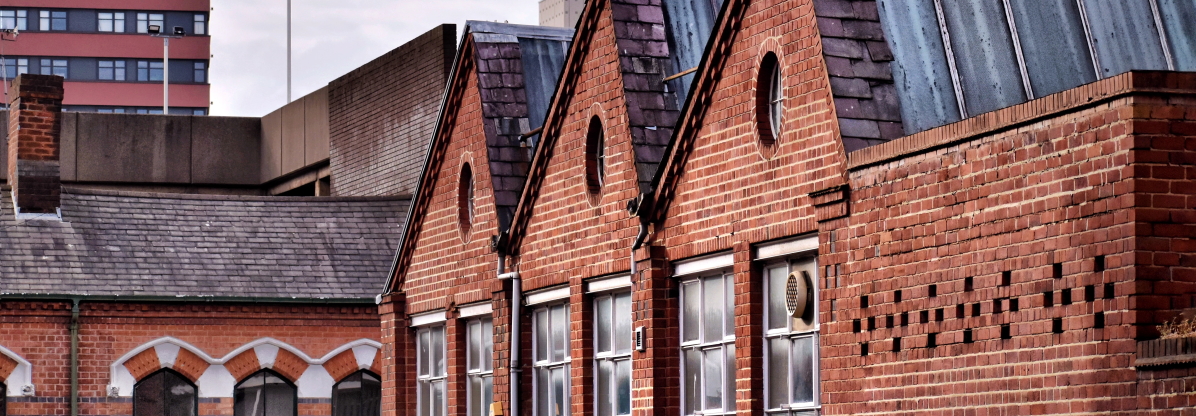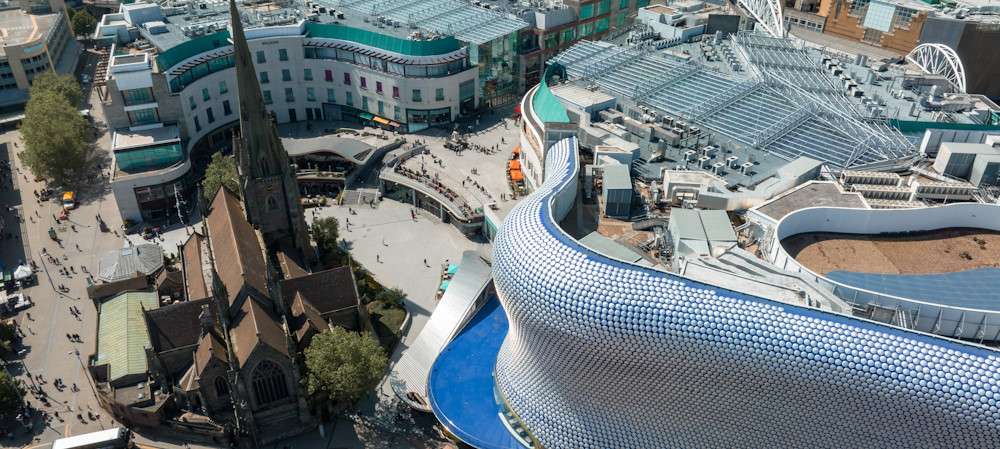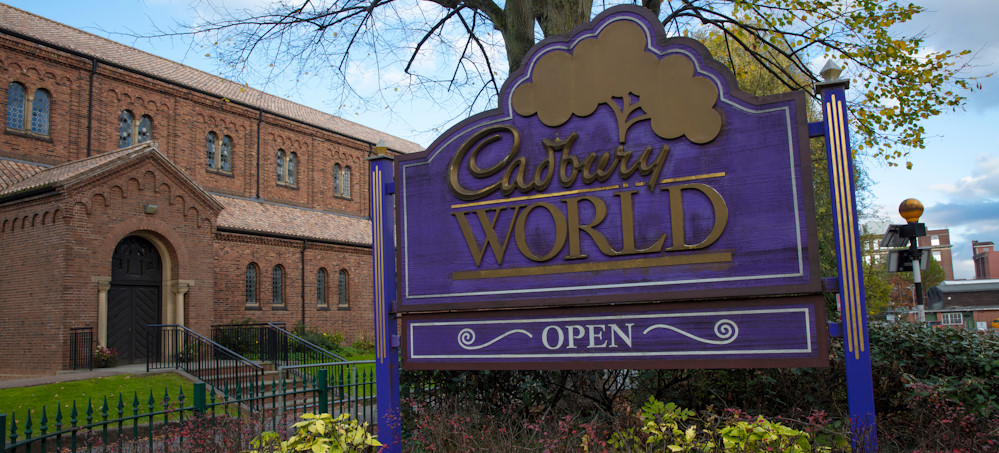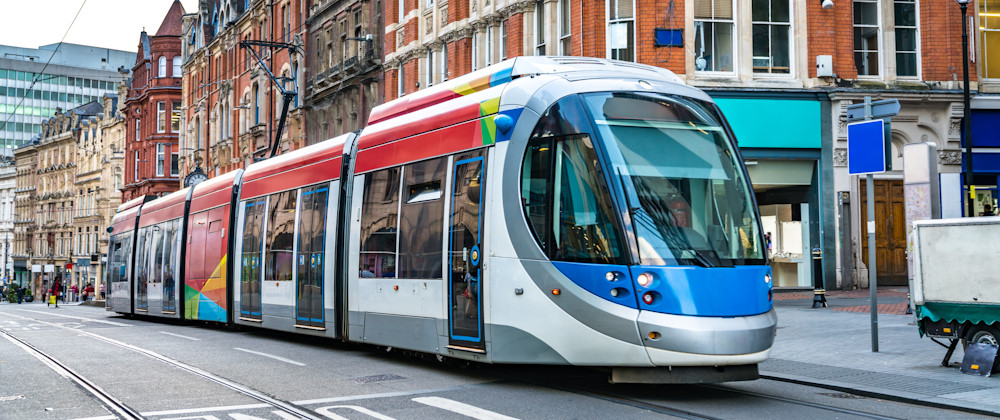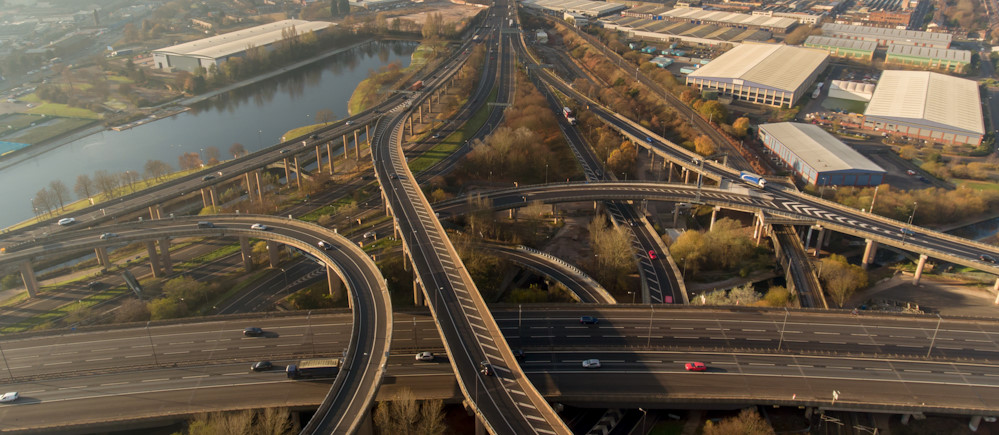The UK’s unofficial ‘second city’, Birmingham is a thriving metropolis at the very heart of England. The city has much to offer and continues to lure new residents with its vibrant lifestyle and diverse populace.
Living in Birmingham
Birmingham is the UK’s second-largest economy and generates billions of pounds a year. Once a manufacturing hotspot, Birmingham saw a decline in the industry from the mid-1960s onwards, which forced the city to diversify its economy. Today, the retail, tourism and service industries are Birmingham's main sources of employment and income, along with healthcare and education.
With a convenient geographic location, Birmingham is in an excellent position to act as a regional transport hub. Most cross-country services passing through the area will stop at New Street Station. Local transport is also well developed, and residents can choose to travel by train, tram or bus.
Accommodation in Birmingham is far from cheap but is generally of good quality. The high cost of rent can be somewhat mitigated by picking an outlying suburb rather than areas closer to the city centre, which is in high demand and therefore pricier.
The lifestyle on offer in Birmingham is one of its biggest drawcards, and new arrivals will find plenty to keep them occupied. From art museums and Michelin-star restaurants to chocolate factories and megamalls, there’s something for everyone.
Cost of living in Birmingham
Those moving to Birmingham can expect to bear a fairly high cost of living. The city’s continually growing population places a high demand on accommodation beyond what can be met by its housing supply. This results in inflated accommodation costs that can eat up a fair chunk of the average resident’s monthly salary.
The good news is that healthcare costs are taken care of by the government’s NHS (National Health Service), although those looking for faster service times may prefer to opt for the much pricier but generally more efficient private sector.
Families and children in Birmingham
With excellent schooling options, great healthcare and a wide array of things to see and do, Birmingham is a wonderful place for families. Plenty of green spaces offer fresh air and space for the kids to run around, and there are seemingly endless options for walks and hikes.
Parents looking for good schooling can find it in Birmingham for free, provided they can secure a spot – the city’s best-rated schools are all public schools that don’t charge fees.
Climate in Birmingham
Birmingham’s climate is fairly typical of the West Midlands region. Winters are wet and chilly, with the rain only abating slightly in summer as temperatures rise from cold to mild. Grey skies are the norm, so residents tend to make the most of rare sunny days in one of the city’s numerous green spaces.
Those moving to Birmingham will find that living here means having the best of the UK at their fingertips. Although adjusting to life in a new city is bound to take some time, it won’t take too long to feel at home among Birmingham’s welcoming and friendly locals.



